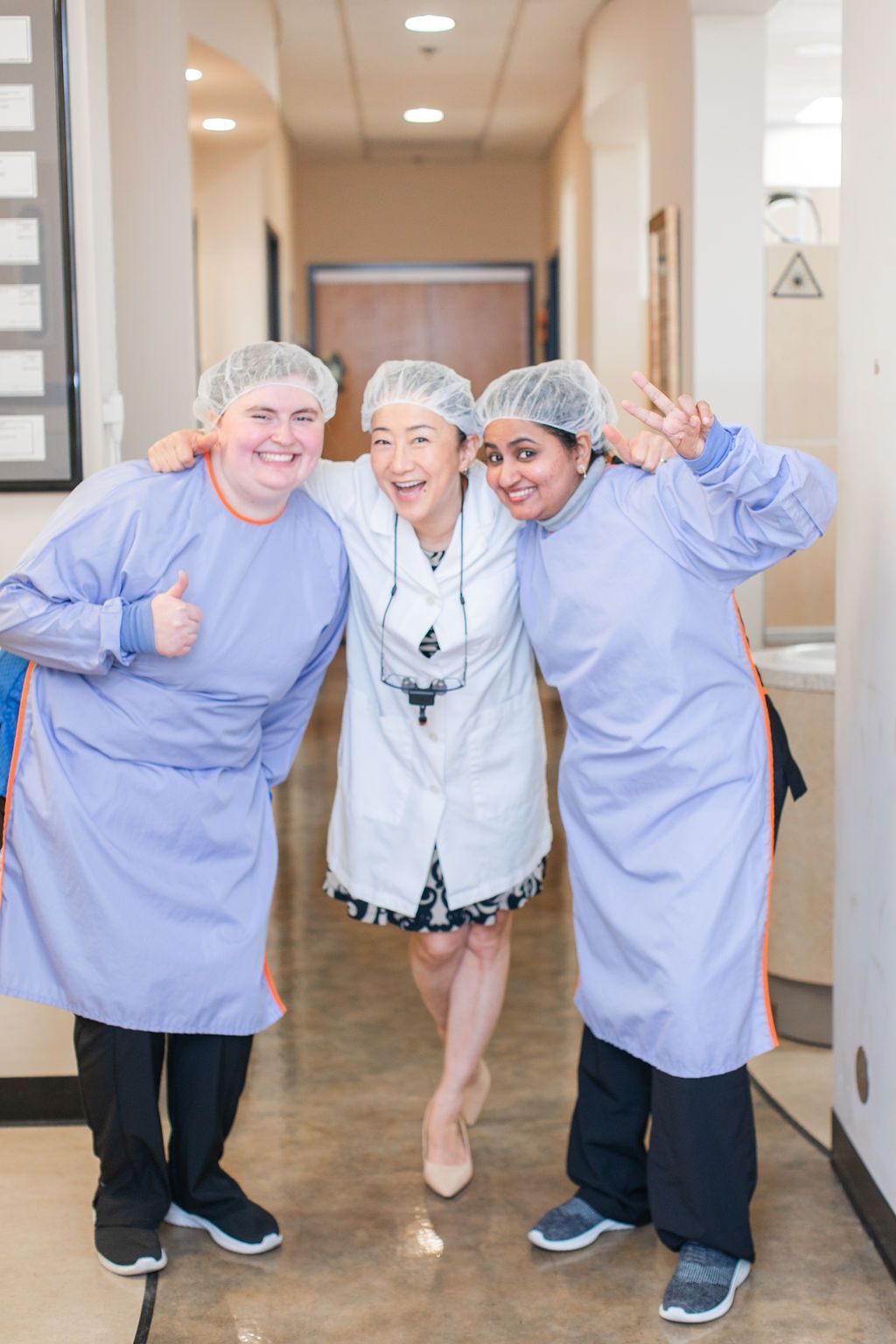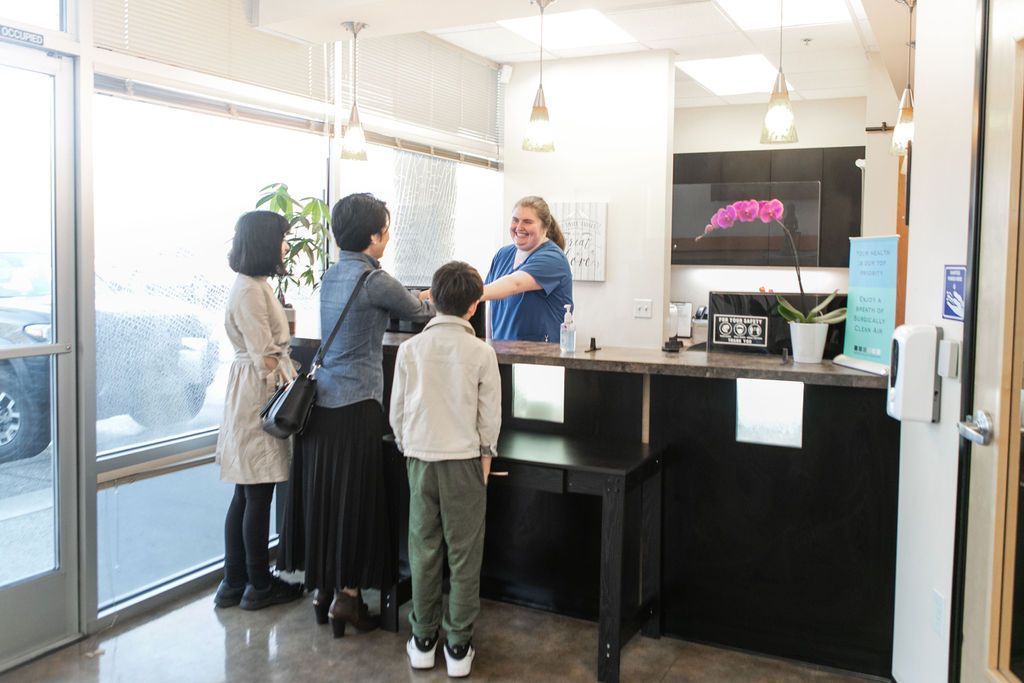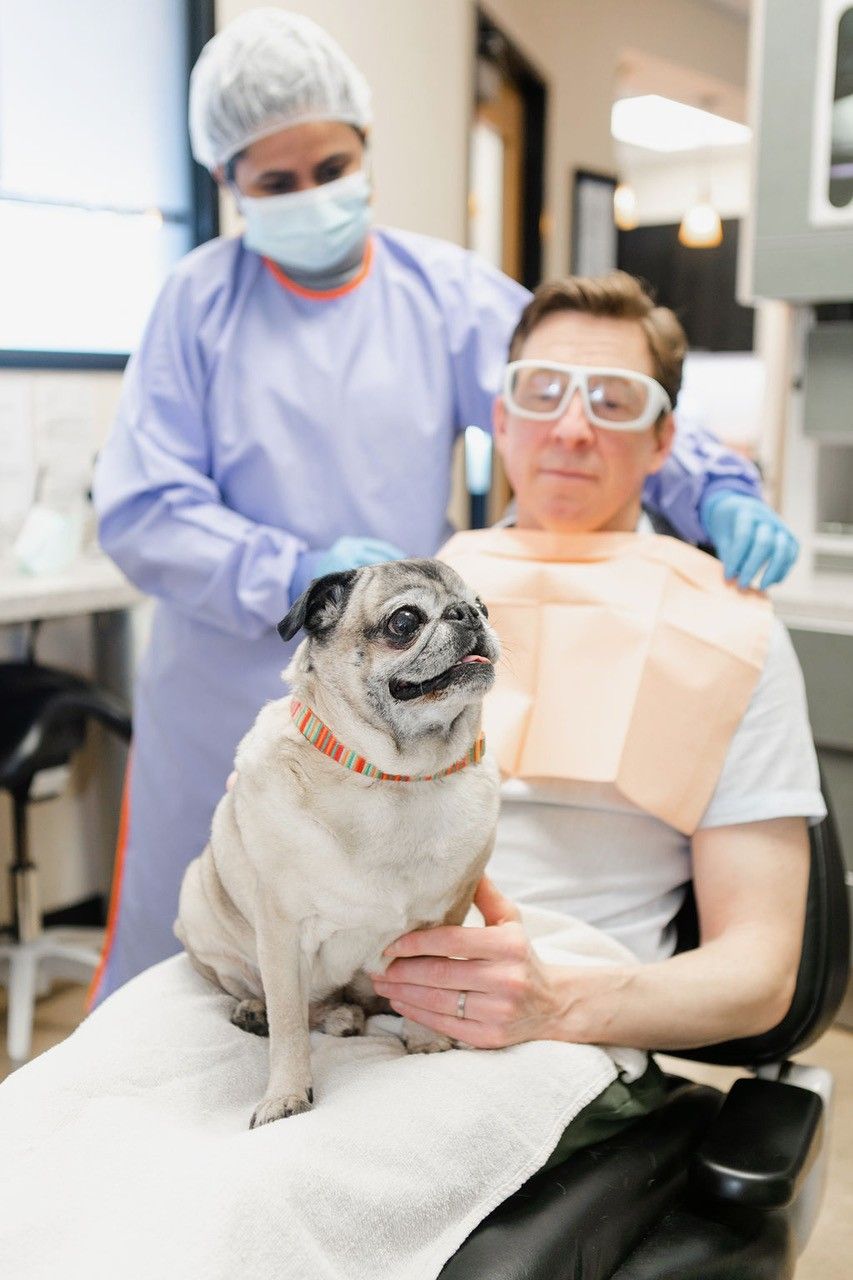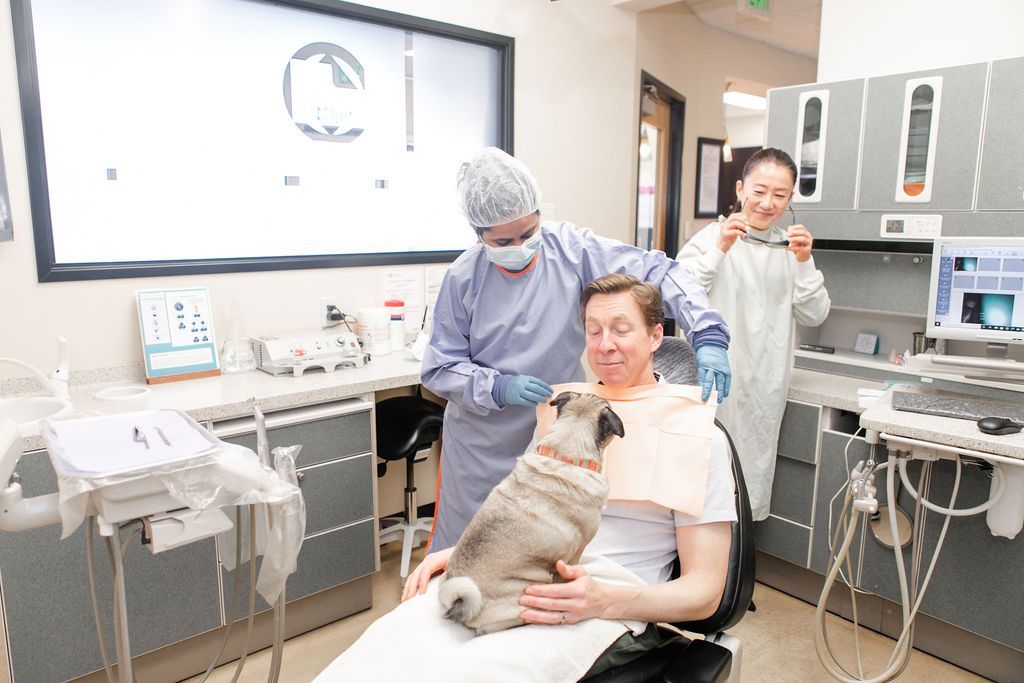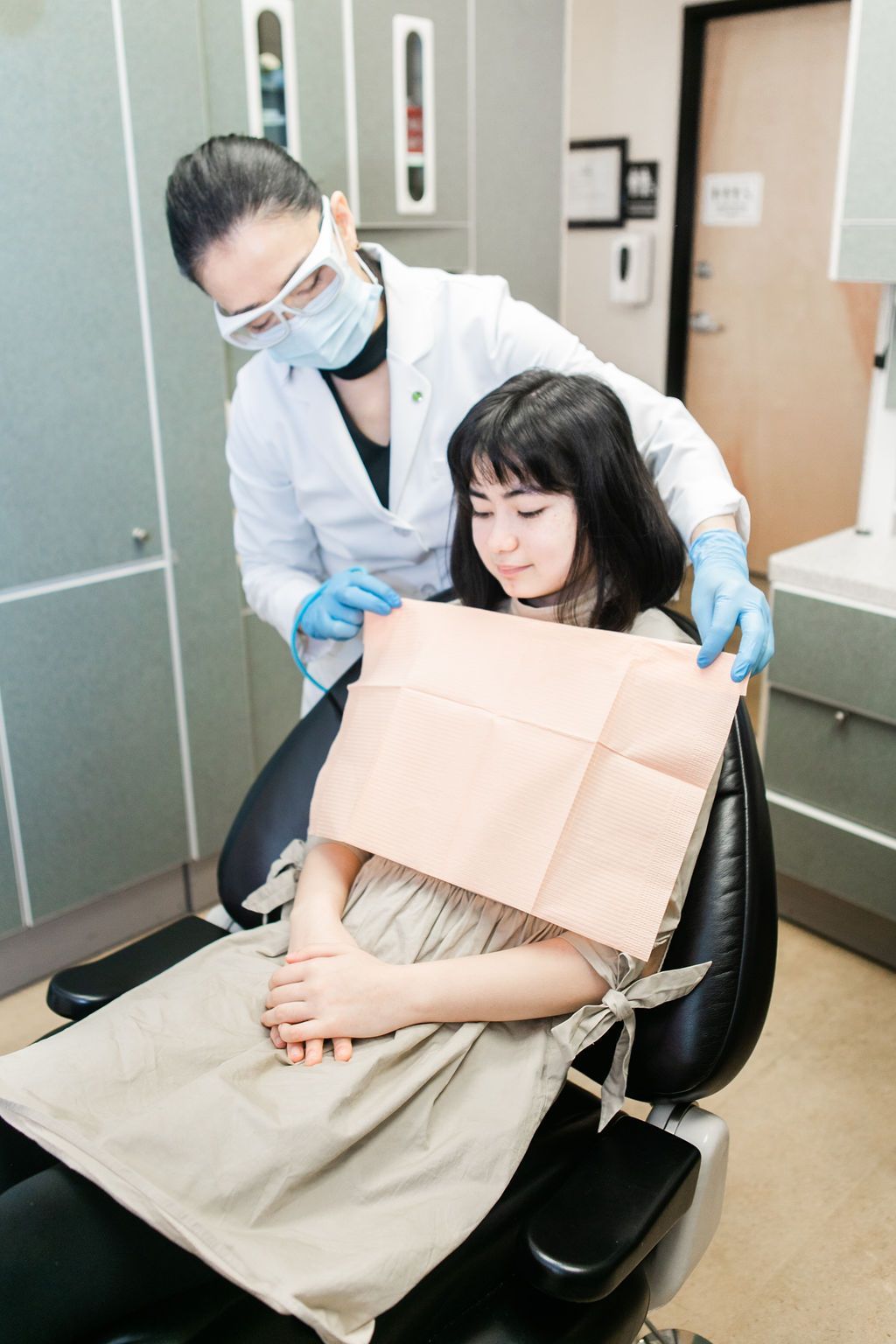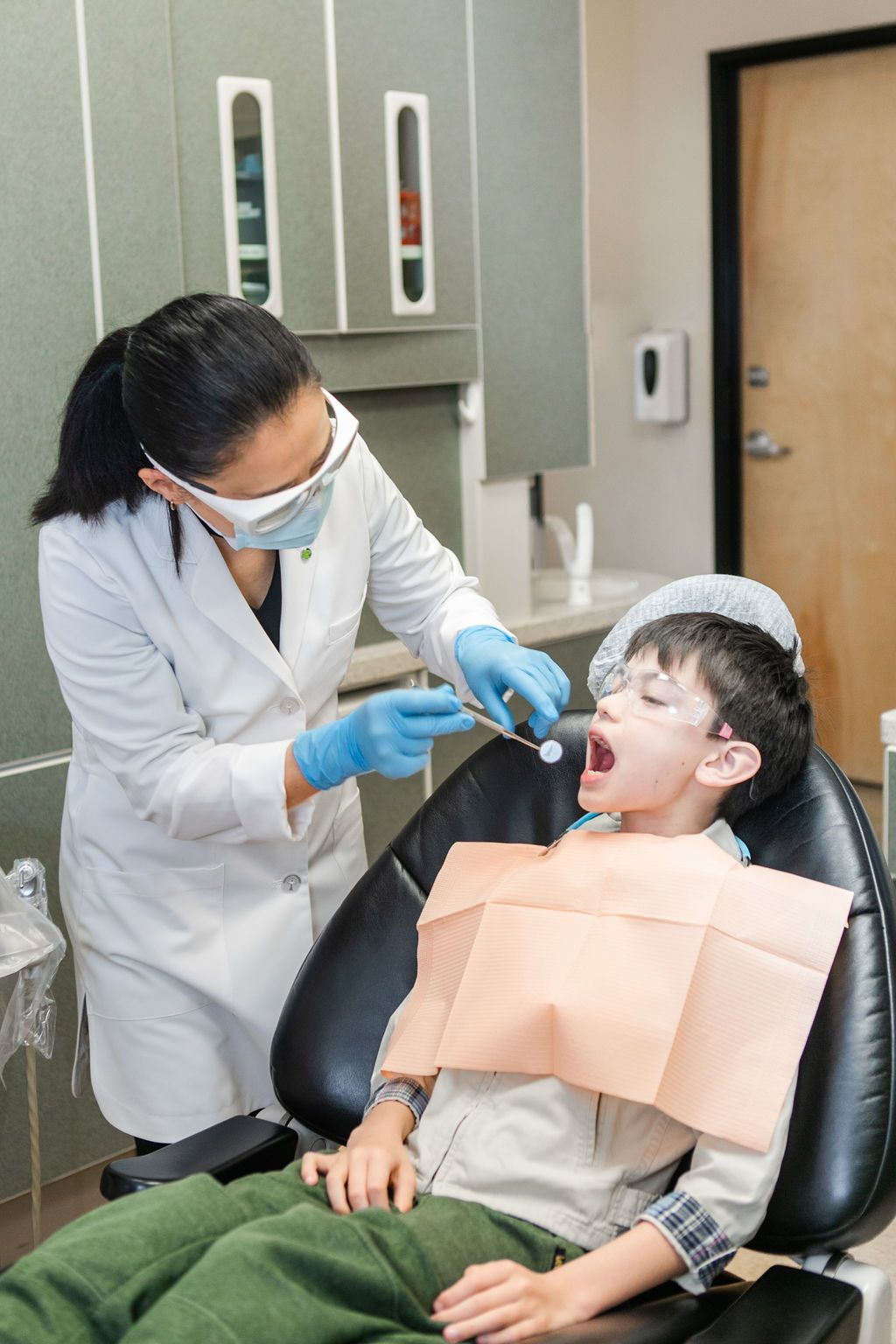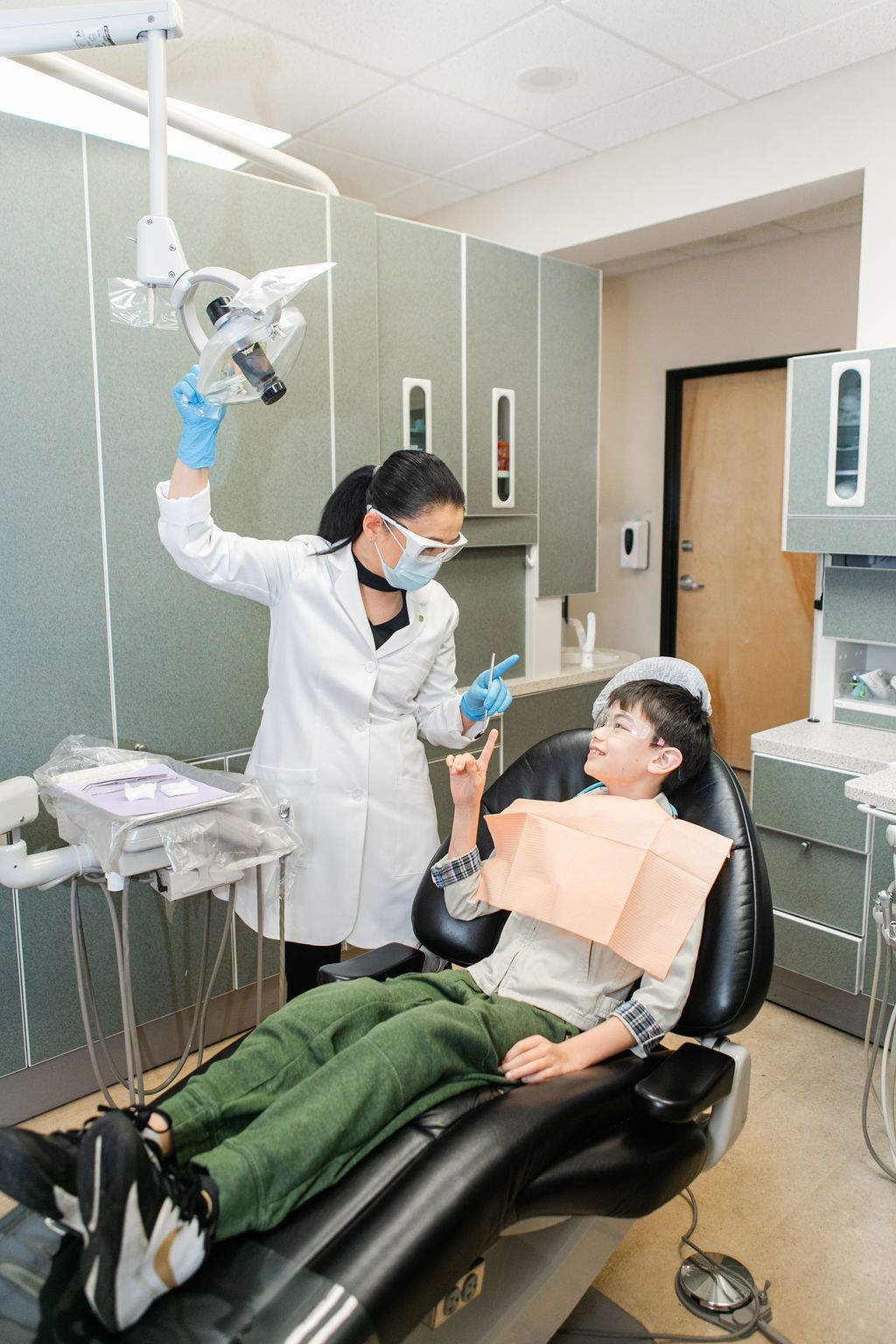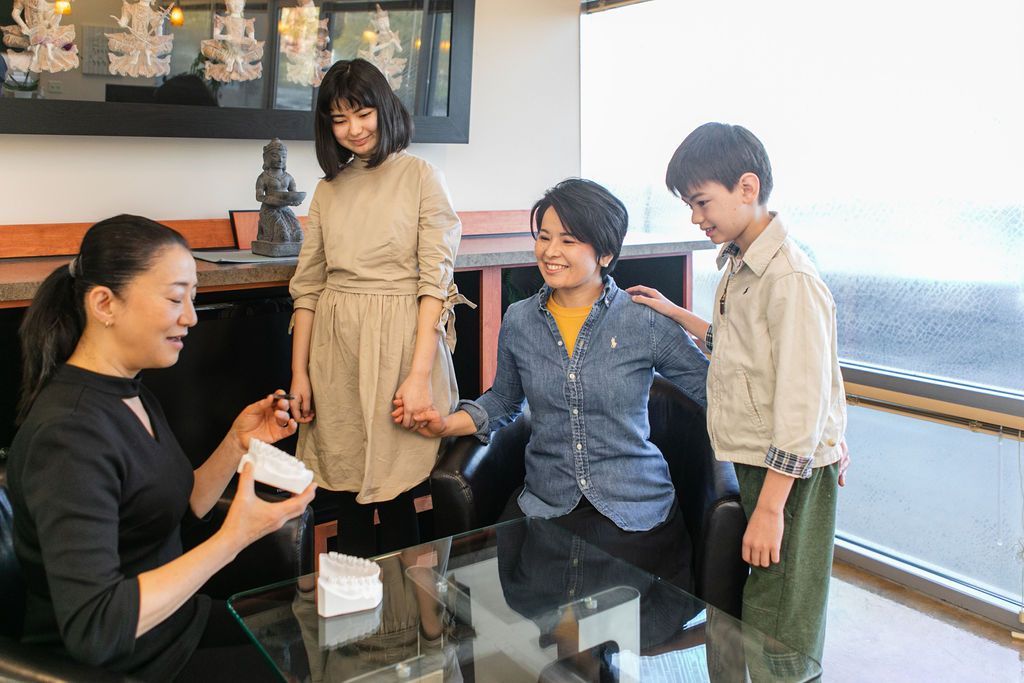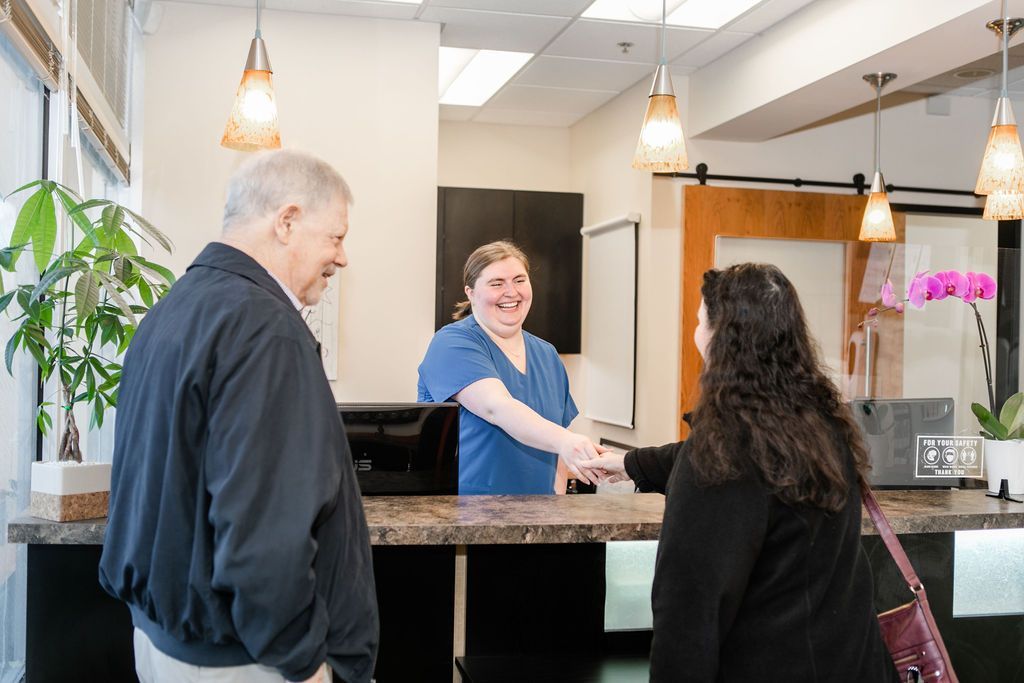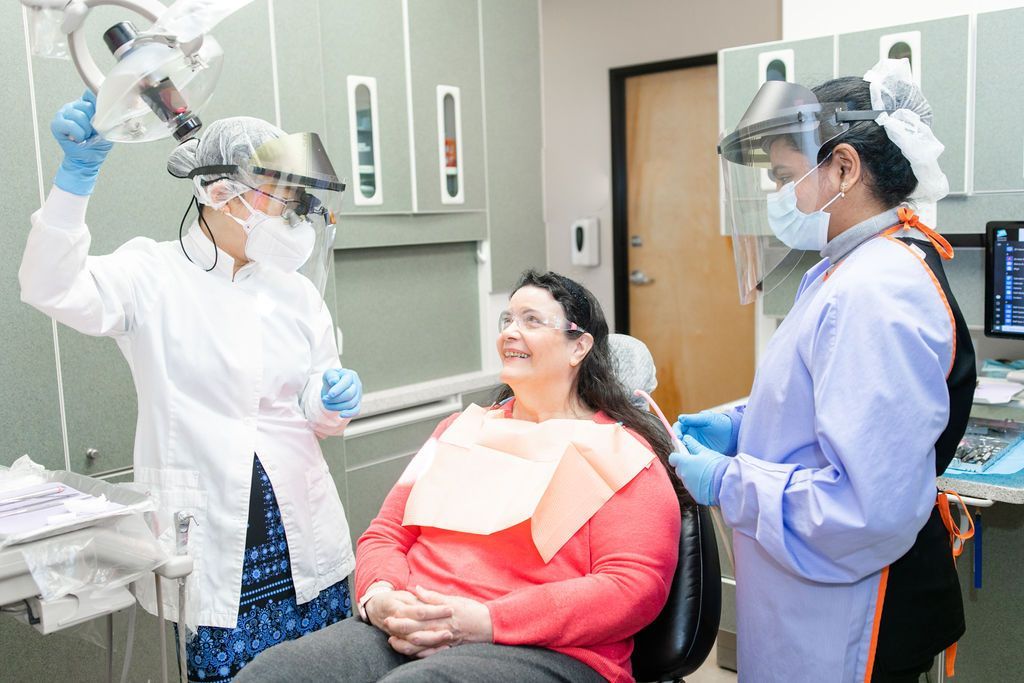Recent Blog Posts
Care Beyond Your Smile
Safe, Natural Treatments That Nurture Bone Health, Remove Mercury, and Protect What Matters Most-You
Lake Oswego, OR
Request Call Back
Hero Request Form
Thank you for contacting us.
We will get back to you as soon as possible.
Please try again later.
Experience Dental Care That Nurtures Your Whole Self — Mind, Body, and Smile
At Dental Arts & Wellness, we're committed to providing comprehensive dental care that goes beyond just treating teeth. We focus on treatments that support overall wellness, like safe mercury removal and encouraging healthy bone growth for dental implants. If you need a partial crown or just a simple filling, we'll always choose the option that's gentlest and best for you. Our approach combines modern dentistry techniques with holistic wellness principles, ensuring that your oral health contributes to your overall well-being. We offer personalized care that addresses the unique needs of each patient. We understand that dental visits can be anxiety-inducing for many, which is why we've created a welcoming environment where your comfort is our priority. From routine check-ups to advanced procedures, we're here to help you achieve and maintain a healthy, beautiful smile. We understand that today’s patients are knowledgeable and considerate about their care, and we are here to support you with empathy, transparency, and a comprehensive approach to enduring wellness.
Why Choose Dental Arts & Wellness
Modern Technology Use
Personalized Care
30 Years of Experience
Safe Mercury Removal
Our holistic dentist provides the perfect solution to removing mercury fillings. Dr. Yamaguchi is trained in Safe Mercury Amalgam Removal Technique (SMART) and is happy to provide this program to the Lake Oswego and greater Portland Community. Ready to schedule an appointment? Call us today and we will work to answer any of your questions.
Holistic Dentistry Treatments
Discover a holistic approach to dentistry that prioritizes your overall health! We understand the important connection between your oral health and overall well-being. That’s why we use biocompatible materials and explore natural alternatives, ensuring our dental care aligns with your body’s unique needs. Your health is our top priority!
Japanese Dentist Treatments
We understand that your health goes beyond just your teeth. Benefit from the precision and attention to detail with Japanese dental techniques. Our practice incorporates elements of Japanese dentistry, known for its focus on minimally invasive procedures. This blend of dental philosophies provides you with culturally-informed care.
General Dentistry Services
Maintain your oral health with our general dentistry services. From routine cleanings and check-ups to fillings and preventive care, we provide the foundation for a lifetime of healthy smiles. Our team emphasizes patient education to help you make informed decisions. We look forward to seeing you!
Laser Dentistry Treatments
Explore the benefits of our laser dentistry services! Utilizing cutting-edge technology, we deliver treatments that are not only more precise but also more comfortable, allowing for a quicker recovery. From gum treatments to cavity preparation, laser dentistry ensures that your visit is both seamless and enjoyable. Our goal is to make your dental experience as pleasant as possible!
Oral Surgery and Extractions
When more extensive dental procedures are necessary, our skilled team is here to help. We perform a variety of oral surgeries and extractions with a focus on patient comfort and optimal healing. Our expertise allows us to handle even complex procedures with care and precision, always keeping your well-being in mind.
Periodontal and Gum Care Dentist
Maintain healthy gums with our specialized periodontal care. Our team is experienced in treating and preventing gum disease, an essential aspect of overall oral health. We provide thorough cleanings, scaling and root planing, and ongoing management of periodontal conditions. Dental Arts & Wellness is here to support you in maintaining a bright and healthy smile!
Restorative Dentistry Treatments
Rediscover the strength and beauty of your smile with Dental Arts & Wellness! Our restorative dentistry services are designed to rebuild damaged or missing teeth with both precision and artistry. We are dedicated to helping you regain comfort and confidence in your smile, all while supporting your long-term oral health.
Sleep Apnea Treatment
If you're struggling with snoring or restless nights, we have the solution for you. Our innovative sleep apnea treatments go beyond traditional methods. We offer custom-fit oral appliances that provide a comfortable and effective way to enhance your breathing and restore restful sleep—naturally and non-invasively. Say goodbye to sleepless nights and hello to peaceful rest!
What to Expect
We prioritize your comfort and well-being by incorporating elements designed to soothe and relax. Immerse yourself in the calming embrace of aromatherapy, with gentle, natural scents that relieve stress and promote tranquility. Soft music plays in the background, creating a harmonious atmosphere that encourages relaxation and peace of mind. You can also enjoy warm blankets that wrap you in coziness as you settle in for your treatment. Throughout your appointment, you can expect gentle and nurturing experience that prioritizes both your emotional and physical needs.

Dr. Manami Yamaguci, DMD
Dr. Manami Yamaguchi is a Japanese dentist in Portland, Oregon. With over 10 years of experience in the field, Dr. Yamaguchi provides a unique approach to dentistry that focuses on the overall health and well-being of her patients.
After earning her Doctor of Dental Medicine degree from Oregon Health and Science University in 2009, Dr. Yamaguchi went on to complete a one-year residency at the VA Medical Center in Portland, Oregon. During her residency, she received extensive training in all aspects of dentistry, including prosthodontics, endodontics, oral surgery, and pediatric dentistry.
Dr. Yamaguchi’s approach to dentistry is focused on the overall health of her patients. She believes that the health of the mouth is closely connected to the health of the rest of the body. As a holistic dentist, she considers the whole person, not just their teeth, when providing dental care.
The entire staff is super friendly, and Dr. Yamaguchi is so caring and incredibly skilled that my recent visits to have my teeth cleaned have been the best experience with dental appointments I've ever had. Their high-tech equipment helped them take a really good look at my teeth and come up with a plan to preserve and enhance my dental health moving forward. This is the place to go if you've been searching for a dentist that makes you smile.
Tony W.

